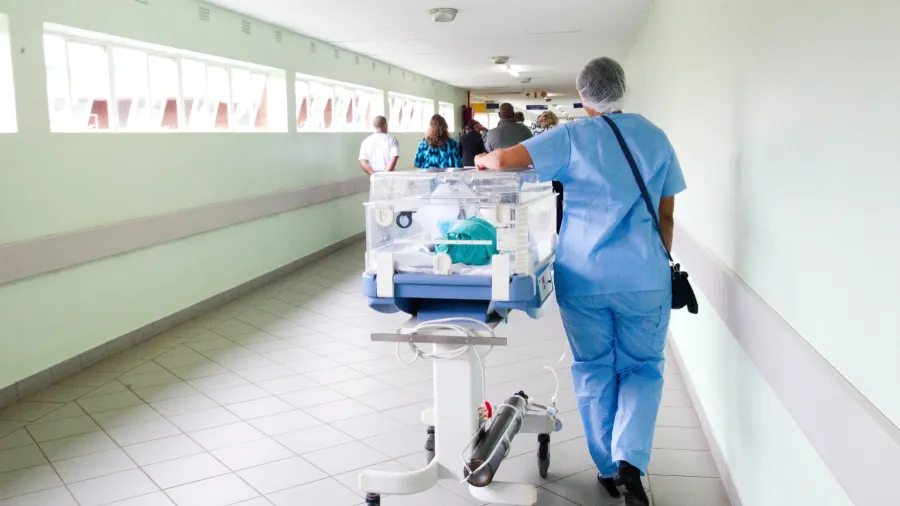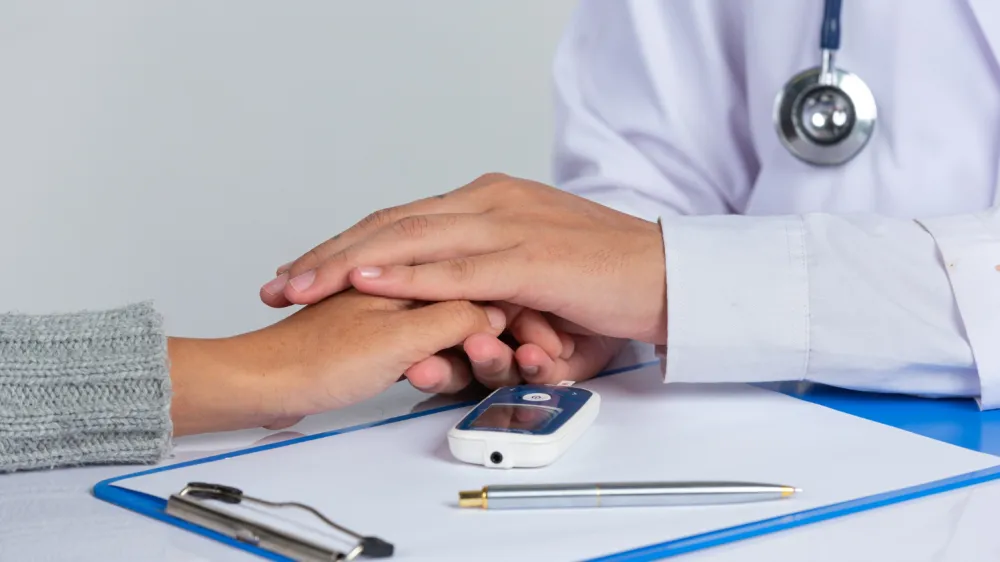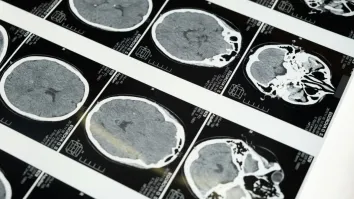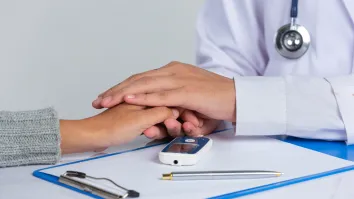
Medical bed market to thrive in India, China, and Japan
Manufacturing, elderly care, and private healthcare will drive CAGR in these markets.
Three Asian markets will record strong growth in the medical bed market due to manufacturing, government laws, expanding private healthcare, and ageing population.
The FMI Analyst View showed that India's medical bed market will thrive at 5.4% in CAGR through 2033. This also stemmed from government efforts such as ‘Make in India’ and ‘Ayushman Bharat,’ which have boosted domestic manufacturing and investments in healthcare facilities.
"India's healthcare infrastructure is rapidly expanding, with increased investments in hospitals, clinics, and healthcare facilities. The need for medical beds is rising as these institutions strive to equip themselves with new equipment to adequately address their patients' demands," read the statement.
In China, the medical bed market will flourish at 6.1% CAGR through 2033 due to the private healthcare industry's demand for high-quality medical equipment such as specialised medical beds.
"To attract patients, private hospitals and clinics strive to deliver first-rate services," read the statement.
The medical bed market is seen to increase in Japan, projecting a 3.8% increase in CAGR through 2033. This will be powered by the ageing population.
"Government policies and programs such as the ‘Silver Human Resource Center’ project encourage developing and implementing novel healthcare solutions for the aging population. This involves investments in sophisticated medical beds for the elderly," read the statement.



















 Advertise
Advertise






